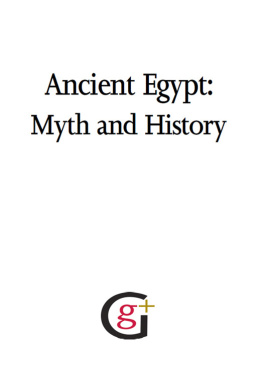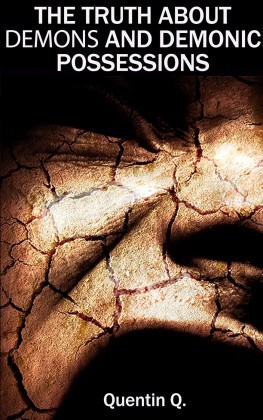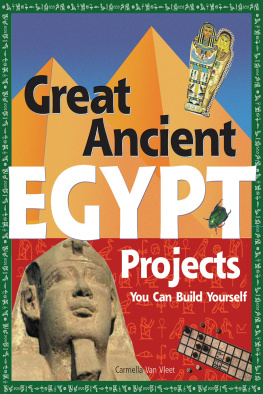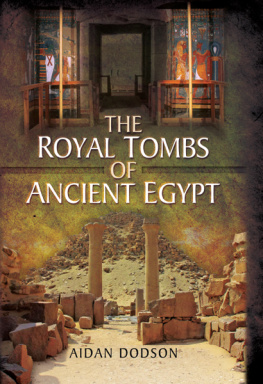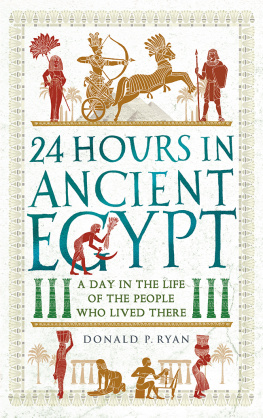Roy Lester Pond 2020
Archaeology of an Egypt obsession, with examples from the authors fiction - and acknowledgements to the work of Sir Henry Rider Haggard and Mika Waltari.
Chapter 1
Seeing ancient Egypt in everyday things
Its more than a case of Egyptomania.
I see the world through a lens of ancient Egypt.
There's a psychological phenomenon called pareidolia - where you see patterns such as faces and images in everyday objects.
People with pareidolia give meaningful characteristics to random things such as cracks in a pavement, clouds in the sky, coals in the fireplace, you name it.
Perhaps it's my close affinity with ancient Egypt, as an author of a considerable library of ancient Egypt-driven fiction, but I am constantly 'seeing' ancient Egypt in the everyday.
A striking example.
Around the time I was writing my novel Egypt Eyes, I spotted this startling eye in a cloud formation above me.


And pyramids in the sky:


I 'saw' ancient Egypt as a child (a boy fascinated by the land of the Nile), years before I started writing fiction.
More than a little of me is in my novel " One Day I'll Tell you Something ". (Including the photo used on the cover!)
I 'saw' Egypt - and even 'smelt' ancient scent-memories in my everyday surroundings.


(Excerpt - A young mother's narration)
And this behaviour of Coopers - does it continue? the interviewer encouraged me to go on.
Disturbingly, yes. A recent example. I won one of those automatic bread makers in a magazine competition, and he woke up in the morning with the yeasty warm smell of baking bread filling the air. It was still dark in the house. The aroma of baking bread seemed to electrify him. Thats Kemet, he said, running into my room. Thats the smell of Kemet in the early morning, when its still dark.
To Cooper it was the smell of ancient Egypt at dawn, of mud ovens and baking bread. He breathed it in so deeply he went dizzy...
(And also:)
He was around six when I took him on his first visit to the museum. He gawked at a withered mummy in a painted wooden mummy case. There was a sky light illuminating the Egyptian gallery and the light streaming down seemed to fall on him like a revelation. I saw tears squeeze out of his eyes.
These are my people, he yelled out, making heads in the museum turn.
Sh-sh, Cooper. Youll scare the visitors, I said.
Do you smell that? he said.
I sniffed. A sweet smell hung in the air.
What is it?
Its them.
It was probably just the scent of a floor polish or the cleaner they use on the glass cases. But my Cooper thought differently. To him it was the memory of secret balms used in mummification. He looked in wonder at grains of dust that floated in the light from the ceiling as if mummy dust had seeped out of the mummy cases, the air-borne atoms of long dead Egyptians. He breathed it in, filling his chest. It freaked me a bit, I can tell you. But he was enraptured. I couldnt drag him out of the place...
Shortly after penning my novel The Ibis Apocalypse, my wife Brenda (my photographic eye in Egypt) photographed an ibis taking off in flight. To me it formed a pyramid.
. 


Ancient Egypt is the symbol of this world, not to mention its obsession with the next.
Ancient Egypt - most forcibly in scripture - is Exhibit A for vainglorious power, riches, mystery, magic, demonic forces, alluring temptation, sensuality, death and resurrection as well monumental hubris on the scale of the pyramids.
Exodus stands as the epitome of struggle against evil, as represented in the Bible by Egypt.
On all the gods of Egypt I will execute judgments: I am the Lord. (Exodus)
But they rebelled against me and were not willing to listen to me. None of them cast away the detestable things their eyes feasted on, nor did they forsake the idols of Egypt. Then I said I would pour out my wrath upon them and spend my anger against them in the midst of the land of Egypt. ( Ezekiel)
The fleeing Israelites in the desert continued to lust after the fleshpots of Egypt .
Maybe its time for a new Exodus.
Egyptian Exodus 2.0.
A personal exodus for me as an Egyptophile and writer of a whole library of Egypt-based fiction - as well as an exodus for a world that is enslaved by success and excess. (It has been observed ironically that today there is sufficient wealth in the world to solve poverty, but never enough wealth for the rich.)
The dark, coercive side of ancient Egypt appears in my fiction, for example in THE SMITING TEXTS where a character tells my alternative Egyptologist hero Anson Hunter:
"Dynastic Ancient Egypt was not a land of allure, as you like to imagine; it was the most draconian civilization the world has ever known. Why can you not see it? The truth is there in the museum cases of the world, captured in the Egyptian paintings and carvings in wood or stone or on plaster of ordinary folk, the servant girl, the baker, the boatman, the seated scribe. The expression in their eyes, wide in their whites, is fear. They lived and died in terror. But if God punished this civilization as it was told in the Book of Exodus, why do you think you would have loved it?
Look at the carved Egyptian eye of Isis on the wall of a temple. Look at this eye of this goddess. You think it is a symbol of mystery, the single, feminine Egyptian eye in profile. Quintessential. But this black orb is not a symbol of allure; it is more like a dead planet in a pitiless universe. The oasis civilization of pharaonic Egypt was a hell where the sun beat down like a sword smiths hammer and reeds conspired in whispers at the edge of a river of tears. The land was hemmed in by deserts like the sides of a coffin and by a police, judicial, fiscal, priestly and bureaucratic system that arrested freedom like an image in diorite, the hardest of stone, which the carvers in the workshops shaped not with ease, as it seemed from their sublime achievements, but with the sacrifice of lifetimes. There is a reason why a people still celebrates their hasty exodus from this place with unleavened bread and bitter herbs 2000 years on. The Nazis of the twentieth century killed the Jews; the Ancient Egyptians ground their souls to stone dust"
Workers may not have been 'slaves' in name and they may have been fed by the state and their injuries patched up by medicos, but coercion was at the core of Egyptian monumentality as a new research report reveals in the Journal of Egyptian Architecture.
Next page

